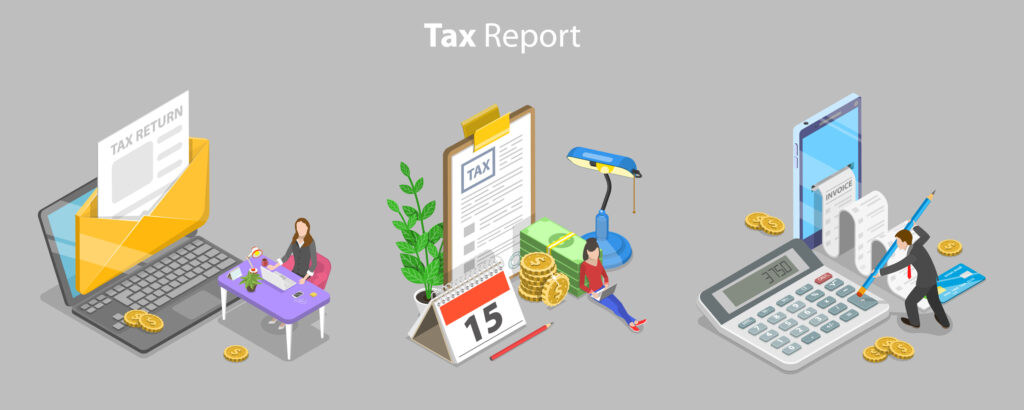Filing your tax return can be a daunting task, but it’s essential to ensure you’re not paying more tax than necessary.
There are various expenses you can claim to reduce your tax liability and potentially receive a tax refund.
In this article, we’ll explore the key expenses you can claim on your tax return to help you maximise your tax savings.
Business Expenses:
If you are running a business, you can claim for allowable expenses that are exclusively used for the business.
For example, expenses like rent, utilities, and insurance for business premises, travelling, cleaning expenses, and office equipment.
You can also claim employee costs like salaries or wages, pension contributions, and benefits.
If you have a home-based business, you can claim for a portion of your home expenses that are exclusively used for the business, like utility costs and council tax.
Capital Allowances:
Capital allowances are the expenditures incurred in the acquisition, improvement or disuse of capital assets.
These are investments in your business that typically last for several years and are not solely for everyday business operations expenses.
You can claim capital allowances for things like vehicles, machinery, and equipment. You can claim capital allowances on the cost of these assets to reduce your corporation tax liability.
Entertainment Expenses:
Entertainment expenses are ordinary expenditures that a business has incurred in providing its employees or clients with food, drink, or entertainment. However, not all entertainment expenses are claimable.
You can only claim expenses for genuine business purposes. Examples of genuine business purposes include meals or drinks taken during a business conference or a meeting.
You cannot claim the cost of entertaining clients or customers that is not related to the business.
Travel and Subsistence:
If you are required to travel for your business, you may be eligible to claim expenses related to your travel and subsistence.
This can include:
- Mileage allowance for using your own vehicle for work purposes
- Public transport costs
- Meals and accommodation while travelling for business
Clothing Expenses:
If you need to wear a uniform or protective clothing for work, you can often claim the cost of buying, cleaning, and maintaining these items.
However, they must be specific to your business and not suitable for everyday wear.
Training and Professional Development:
Investing in your skills and knowledge can also result in tax benefits. Expenses related to training courses, seminars, and professional development that are directly related to your business can usually be claimed.
Charitable Donations:
If you make donations to registered UK charities, you may be eligible for tax relief.
Under the Gift Aid scheme, charities can claim back the basic tax rate on your donations.
So, if you’re a higher-rate taxpayer, you can also claim back the additional tax paid through self-assessment.
Miscellaneous Expenses:
Miscellaneous expenses are expenses that do not fall into any of the above categories. These expenses may include legal and professional fees, bank charges, and postage.
You are allowed to claim these expenses if they are necessary and relevant to your business.
Personal Expenses:
Personal expenses are expenses incurred for personal reasons. These are not deductible in your tax return.
You cannot claim expenses for things like personal clothing, private healthcare, or personal grooming.
To sum up, small businesses can claim expenses in their tax return to reduce their tax liability.
The rules on what expenses are deductible can be quite confusing, but it’s important to understand what expenses are allowable and to keep detailed records of the expenditures.
By doing this, you can save money and ensure that you are not overpaying your taxes.
Knowing what expenses are claimable in your tax return can put you in a better position for the financial year to come.
The article below from the Federation of Small Businesses provides more information:
https://www.fsb.org.uk/resources-page/what-business-expenses-can-i-claim.html

